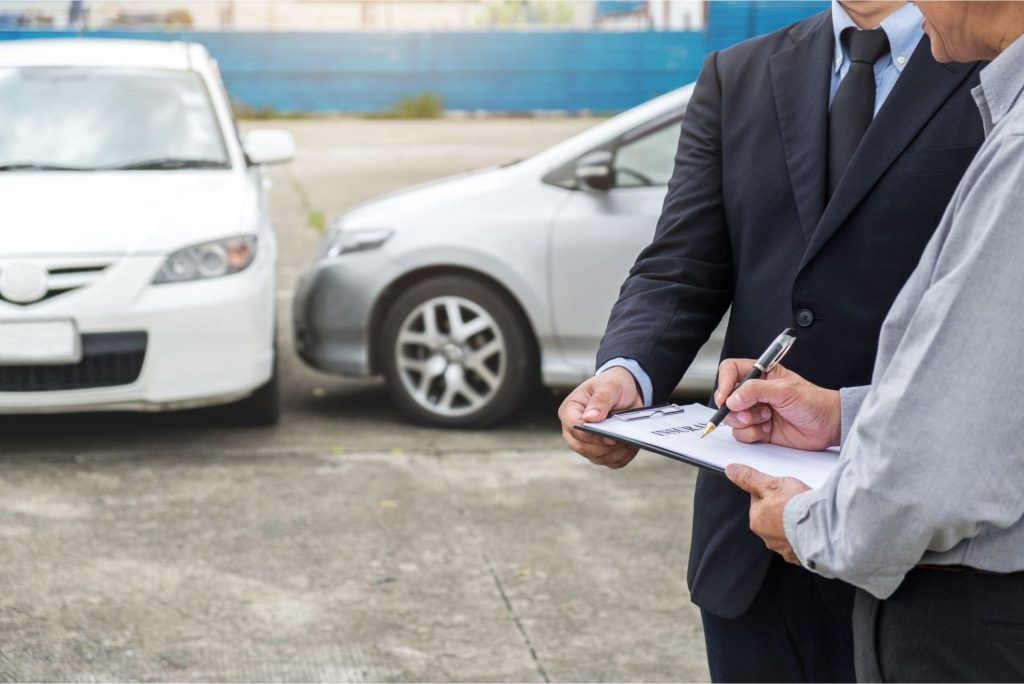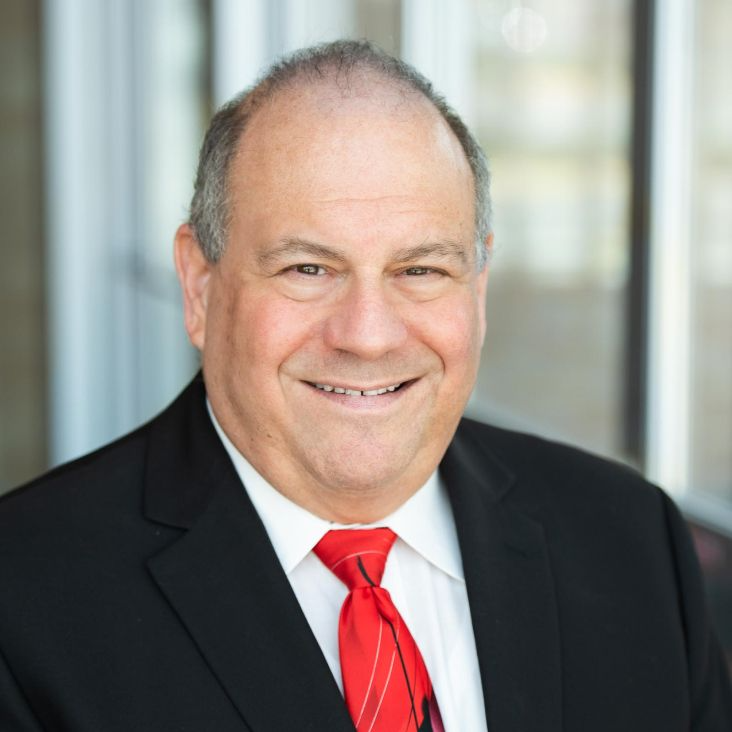
Written on October 25, 2022.
Written by James J. Kirshbaum. Posted in Car Accidents, Motorcycle Accidents.
Insurance companies are businesses that strive to run efficiently, but it is often more profitable for them to take their time with your personal injury claim rather than jump the gun and pay out a greater sum than they otherwise would. Because of this, it can take some time for the typical insurance adjuster to respond to your auto accident claim.
How long does an auto insurance adjuster have to respond? Particularly complex cases can take quite a while, with more unique and difficult cases taking up to 200 days to finally settle. That can be a seriously long time to wait when you are trying to recover from a personal injury, no matter who is at fault.
Fortunately, insurance adjusters do not have an infinite amount of time to get back to you with a settlement if you live in the state of Minnesota. In fact, there are regulations for quite a few steps of the claims process with specific time limits for each. The Kirshbaum Injury Law firm is happy to help you get a prompt response from your insurance adjuster. Contact us today for a free consultation.
How Long Do Insurance Adjusters Have to Respond to a Claim in Minnesota?
By law, insurance companies in Minnesota have to respond to an insurance claim within a specific time frame. They have 10 days to acknowledge the claim, 30 days to make a decision on the claim, and 60 days to make a payment to the claimant. This applies to homeowner policies as well, but they often receive payments a bit faster even though the deadlines are still the same.
It is important to remember that some of the deadlines are in terms of business days and therefore do not include weekends or holidays. Your insurer must complete the investigation of your claim and notify you of its acceptance or denial within 30 business days. Insurers can get more time to investigate injuries or property damage, but they must notify you within 30 business days of the extended time and provide detailed reasons why the investigation is being prolonged.
What Happens If My Insurance Fails to Meet Deadlines Set By Minnesota?
Consequences are in place for car insurance companies that fail to reach settlements within the proper time frames, but they can be difficult to enforce. The process is overseen by the Minnesota Commerce Department, and they can impose penalties on any insurer that takes too long or operates in bad faith. Insurers must also operate fairly and in good faith in accordance with state statutes.
If the insurance claims adjuster is taking too long with your claim, you may have to take action to speed up the process. This involves writing a demand letter, which is a letter formally demanding that the insurer take action on behalf of the case to avoid having penalties pursued against them in accordance with the law.
What Is a Demand Letter?
A demand letter is a detailed letter intended to compel the insurer to take action on a particular case that they are delaying. Typically, lawyers write these letters on behalf of clients. Think of it as the first step of the negotiation process in which any kind of dispute gets resolved. Remember, an insurance claim is a dispute between you and your own insurance company. You want to get as much compensation as possible, but your insurer only profits by denying you as much money as they feel they can get away with despite the premiums you pay.
The details of a demand letter should make the recipient fully understand the risks and rewards of the dispute in such a way that incites them to speed up the response. With an insurance company, for example, a demand letter would detail how beneficial it would be for them to resolve the matter quickly, while also noting the potential damages they may endure if they fail to act promptly.
One of the most important aspects of a demand letter is the clear statement of intention for what will happen if the recipient does not act quickly. A good demand letter usually threatens a lawsuit if the demands are not met. This is why demand letters tend to be particularly effective compared to other strategies, such as calling the insurance company daily.
What Happens After I Send My Demand Letter in Minnesota?
After you send a demand letter, it is time to wait for a follow-up. This wait could be as brief as a few days or as long as a few months, depending on the details of your case. However long it takes, though, it will result in one of five different outcomes.
Silence
One potential outcome is silence, in which the recipient simply ignores your demand letter. This is uncommon but does happen, and it functions similarly to another potential outcome that you may encounter in which your claim is denied.
Denial
The denial response is one in which the insurance company outright denies your claim, asserting that your insurance policy does not cover your accident or that the claim goes beyond your policy’s deductible. A denial may also include a statement regarding liability in an attempt to alleviate the insurer from insurance coverage.
Offer
If your demand letter elicits a settlement offer, then negotiations have begun. This is a fairly good step forward in most cases, and it all begins with an offer. While you can accept the offer at this stage, you are free to put forward a counteroffer and go back and forth until you reach a settlement. Your lawyer can help with the negotiation process.
Request for Evidence
Insurers can request evidence from you that demonstrates the validity of your claim to supplement your demand letter. Evidence may include such items as the police report or your medical bills regarding injuries. Some insurers may even ask for an independent medical examination.
Remember, it is important not to let any insurer take evidence away from you. Always talk to your personal injury lawyer about what you should share before handing over any valuable piece of evidence to the insurance company.
Acceptance
The rarest response to a demand letter is acceptance. This is the response in which the insurer simply agrees to your demands and settles the case with a payout. Keep in mind that this is not very likely to happen, and it will almost certainly not occur unless you draft your demand letter with the help of a car accident attorney.
How Long Should I Wait for Response From My Insurance in Minnesota?
The length of time you wait for a response from your insurance company should be less than the statute of limitations for civil lawsuits in Minnesota for car accident injuries. According to state law, this time limit is six years from the date of the accident itself. Do not wait any longer for a response to your car insurance claim than the time limit you have to file a civil suit.
When Should I Hire a Minnesota Auto Accident Attorney?
While you can handle insurance claims by yourself, it is always best to have an injury attorney by your side throughout the process. Whether the insurance company fails to respond to your claim or gives you an ungenerous offer, a lawyer can help you pursue compensation for the full extent of your injuries.
Remember, the insurance company is breaking the law if they do not respond to your claim promptly, and you have the right to file a civil suit against them if this happens. Whether you are looking to pursue a lawsuit or just want help in the negotiating process, an auto accident attorney is an integral tool to have by your side.
Streamline Your Settlement With Kirshbaum
At Kirshbaum Injury Law, our team is waiting to help you put your accident behind you and move forward. Whether you need help with negotiation, drafting a demand letter, or filing a civil suit, our team will provide professional service throughout the entire process. We are a completely virtual law firm, making it easy for you to get in touch and communicate no matter where you are. Reach out today with a phone call to 952-545-2700 or by completing our online contact form to get started.

Written By James J. Kirshbaum
Jim is a very experienced trial lawyer having conducted jury trials in multiple states both on behalf of injured people and on behalf of defending insurance companies.
Schedule a Free Consultation with James J. Kirshbaum



